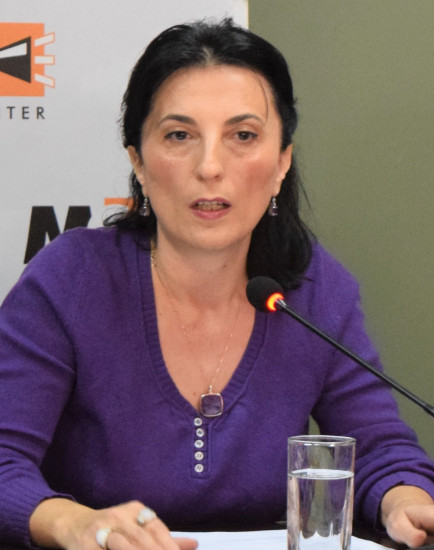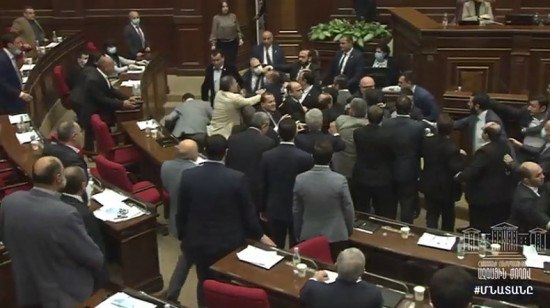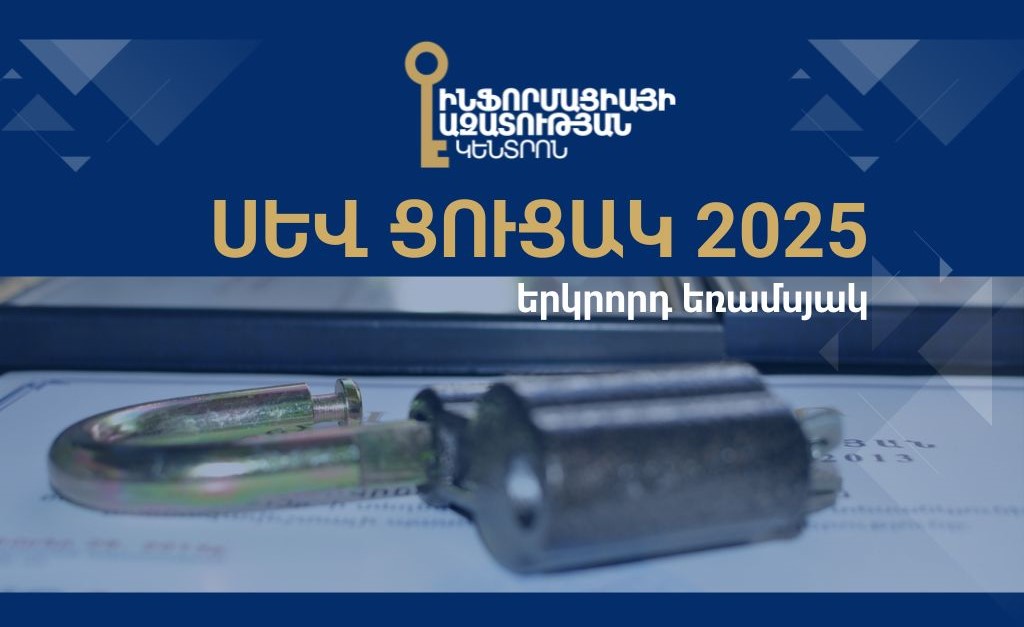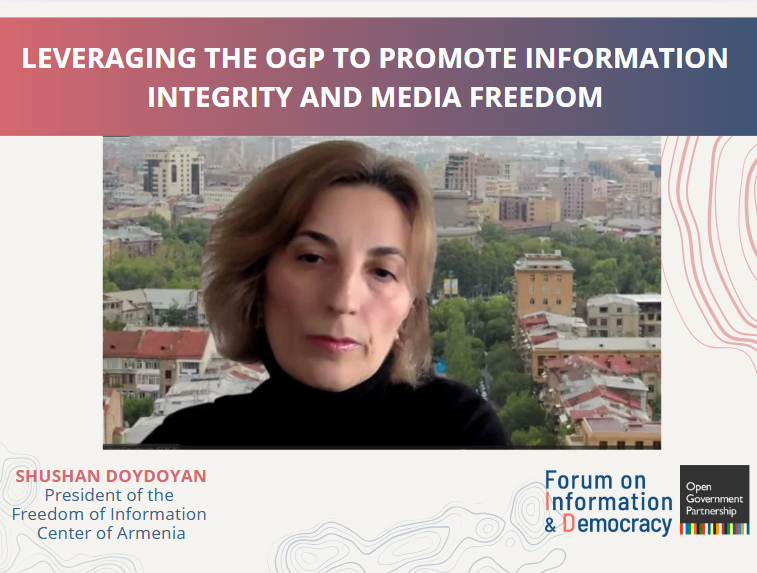The Freedom of Information Center of Armenia (FOICA) presented on Wednesday a large-scale analytical report called “Freedom of Information in the Republic of Armenia: 2011 Monitoring”, which gives the general picture in the field in Armenia.
FOICA lawyer Gevorg Hayrapetyan says that the monitoring enabled them to establish the current state of freedom of information in Armenia and reveal the existing problems.
“The biggest problem is the absence of culture among many officials to work openly and transparently, as most of them are still not used to responding to public demands for information and do not consider giving information to be one of their main duties,” he says.
FOICA expert Liana Doydoyan says that in May-June 2011 ten applicants sent a total of 250 requests for information to 50 bodies possessing information in written, oral and electronic forms. Among these bodies were 10 central government bodies, 10 provincial administrations, 10 municipalities, 10 village administrations and 10 organizations of public significance.
“In 56 percent of cases complete answers were provided, 30 percent of requests were left unanswered, 8 percent were turned down, with only one lawfully. Among the 50 bodies the best results were shown by provincial administrations and the worse by organizations of public significance,” says the expert.
The monitoring shows that provincial authorities gave complete information in response to about 75 percent of 50 requests, while organizations of public significance provided complete answers to only less than 45 percent of such requests, leaving as many of them totally unanswered.
The best result shown in all 50 sample requests is by the administration of the village of Oshakan. The worst results are shown by the administration of the village of Aygedzor, Clinical Hospital CJSC and Ketrin Group Ltd. Doydoyan says that these bodies left unanswered all five requests for information sent to them.
According to the monitoring results, among the provincial administrations Kotayk, Shirak and Syunik authorities worked particularly well in terms of providing information, as did the ministries of education and science and justice among central government agencies.
The National Assembly is listed among those working poorly when it comes to answering requests for information. The legislative body answered only two of five requests for information completely, but that was done only a month and 16 days after the request was submitted, in one case it provided an incomplete answer, one answer was ungrounded and one request was not answered at all.
Lawyer Hayrapetyan says that meeting the requirement of the law that information be provided within five days is also a challenge for central and local government bodies in Armenia.
“While the number of met requests for information grows [compared to previous such surveys] the five-day period for providing information is still not observed,” says Hayrapetyan, adding that incomplete answers and groundless rejections also remain a challenge.
The data were published by the FOICA in a book within the framework of the Freedom of Information Law Implementation project co-financed by USAID and the OSCE Office in Yerevan.
Head of the OSCE Yerevan Office’s democracy department Oliver McCoy praised the professionalism with which he said the book had been prepared.











